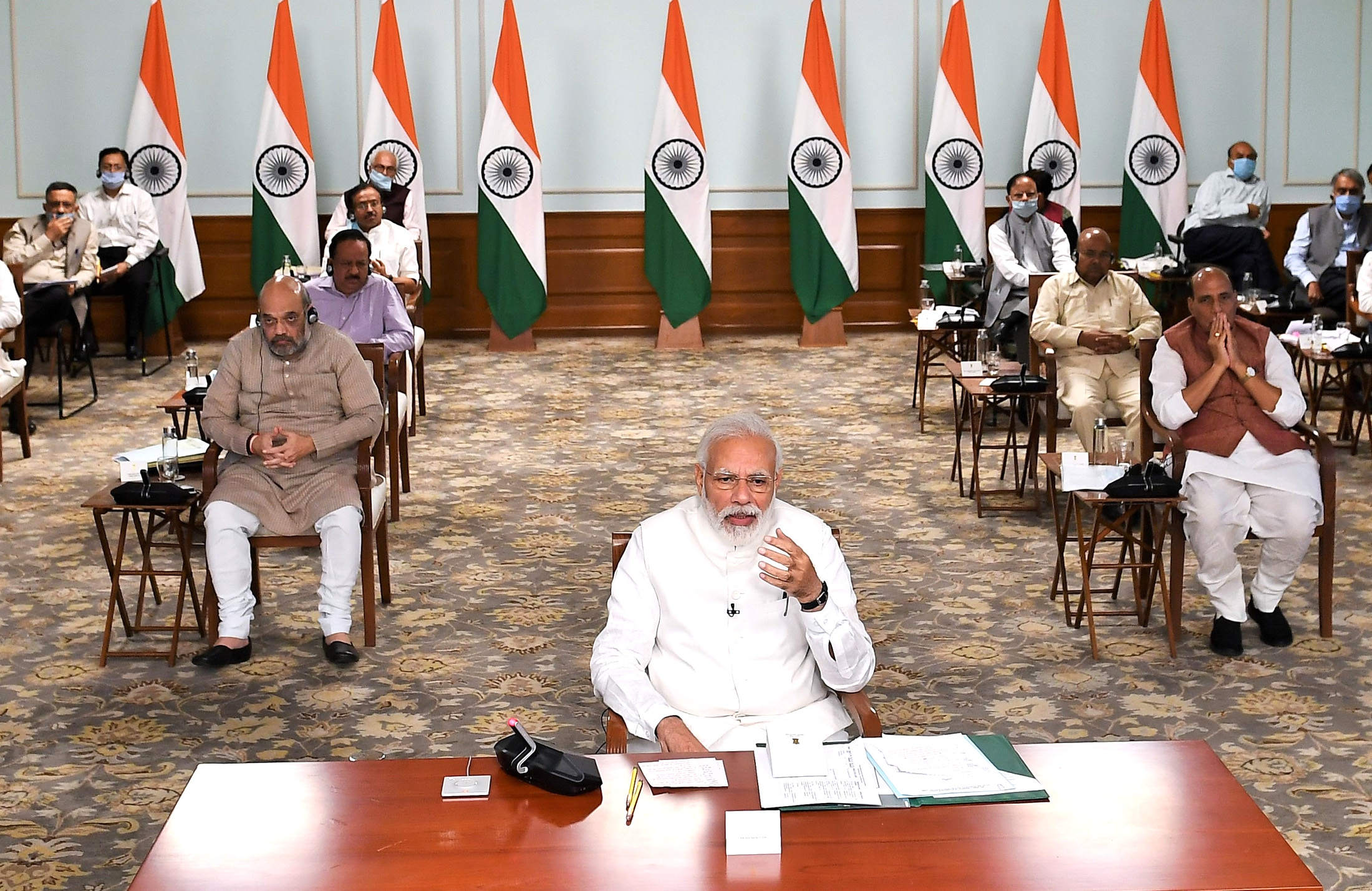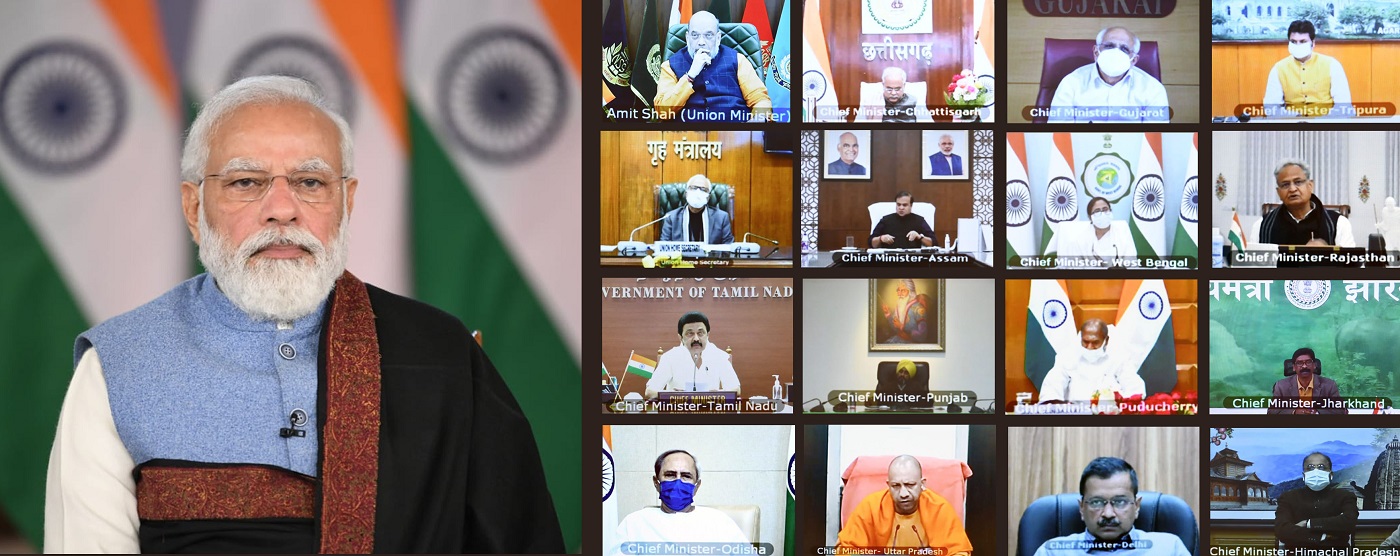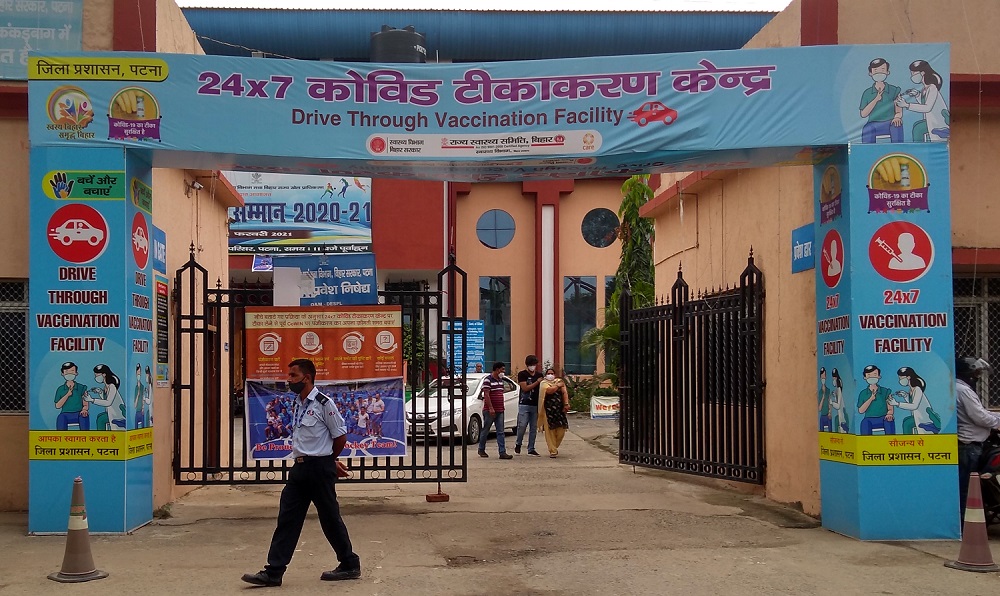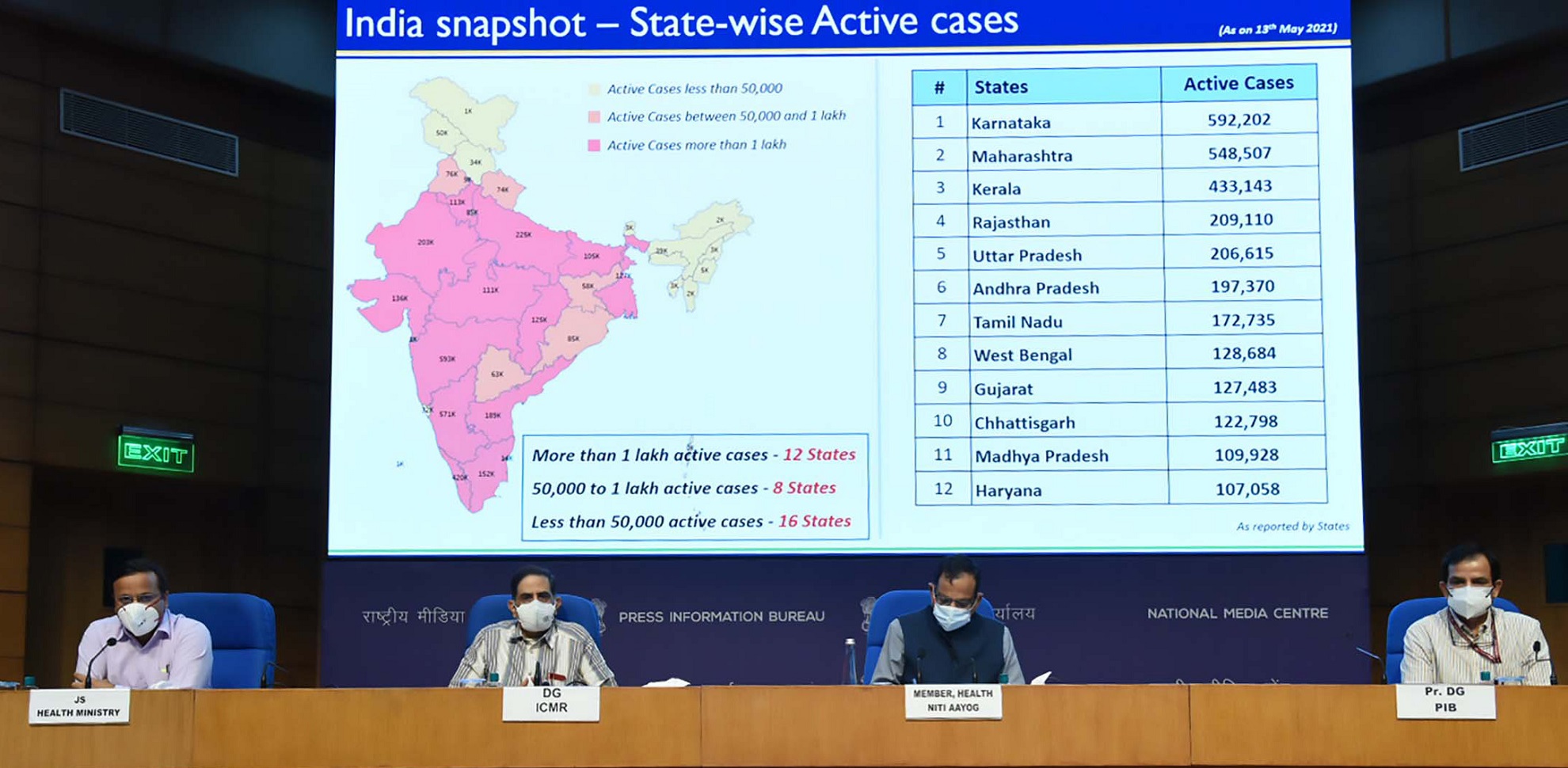Lockdown extended till May 3; limited exemptions after April 20

The nationwide lockdown, that started on March 25 midnight, has been extended by another 19 days till May 3. However, there will be limited exemption after April 20 in the areas where no case of Covid patient found. Prime Minister Narendra Modi announced this in his address to the nation on the last day of the 21-day lockdown that was supposed to end on April 14.
The decision to extend the nationwide lockdown came at a time when the number of Covid patients crossed 10,000 in the country. Some states like Odisha, Tamil Nadu and Maharashtra had already announced their decision to extend the lockdown.
Modi said all the states were in favour of extending the lockdown. “I have been in continuous touch with the States on how the fight against Corona should progress in India. Everyone has suggested that the lockdown should be continued. Many States have in fact already decided and declared to continue the lockdown,” he said.
“Keeping all the suggestions in mind, it has been decided that the lockdown in India will have to be extended till May 3. That means until May 3, each and every one of us, will have to remain in the lockdown. During this time, we must continue maintaining discipline in the way we have been doing till now,” he added.
It is my request and prayer to all fellow citizens, that we must not let Coronavirus spread to new areas at any cost. A single new patient at even the smallest local level, should be a matter of concern for us. The tragic death of even a single patient from coronavirus, should increase our concern even further, the Prime Minister said.
Modi announced that there will be limited exemptions in the lockdown after April 20 keeping in mind the livelihood of poor people. Until April 20, every town, every police station, every district, every state will be evaluated on how much the lockdown is being followed.The extent to which the region has protected itself from Coronavirus will be noted.
“Areas that will succeed in this litmus test, which will not be in the hot-spot category, and will have less likelihood to turn into a hot-spot; maybe allowed to open up select necessary activities from April 20,” the Prime Minister said.
However, this permission will be conditional, and the rules for going out will be very strict. Permission will be withdrawn immediately if lockdown rules are broken, and spread of Coronavirus risked.
The Prime Minister claimed that there had been ample reserves of medicines, food-ration and other essential goods in the country and supply chain constraints were being removed continuously.
“We are making rapid progress in ramping up health infrastructure as well. From having only one testing lab for Coronavirus in January, we now have more than 220 functional testing labs,” he said.
“Global experience shows that 1,500-1,600 beds are required for every 10,000 patients. In India, we have arranged more than 1 Lakh beds today. Not only this, there are more than 600 hospitals which are dedicated for Covid treatment. As we speak, these facilities are being increased even more rapidly,” he added.
(Gyanendra Keshri is Founder and Chief Executive, BiharConnect)




